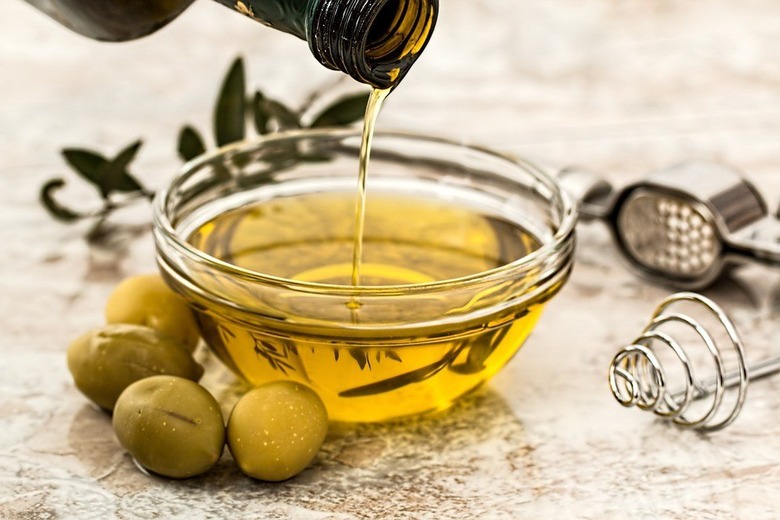Olive Oil Fraud Might Finally Be Regulated By The FDA, Thanks To A New Legal Initiative
If you're picking up a bottle of extra virgin olive oil at your local supermarket, there's a good change you may not be getting what you pay for. We've warned you about the quiet persistence of olive oil mislabeling fraud in the United States and now it looks as if the FDA is finally taking action to combat it.The House Agricultural Committee is calling for the FDA to include tests for all olive oil imports in its 2017 fiscal spending bill.
"Some products labeled as olive oil may contain seed oil, which poses a serious health risk to consumers who are allergic to (it)," the committee said in a statement. "[We] direct the FDA to take a sampling of imported olive oil to determine if it is adulterated or misbranded, pursuant to Section 342 or Section 343 of the FDCA, respectively, and report to Congress within 270 days on its findings and what actions the FDA will take to ensure consumer safety and proper labeling of imported olive oil."
According to many industry professionals, at least 70 percent of olive oil you see on shelves is mislabeled in some way, either by adulterated added oils, or stretching the truth on the "extra virgin" definition.
The new FDA testing could make an impact on reversing the effects of that statistic.
